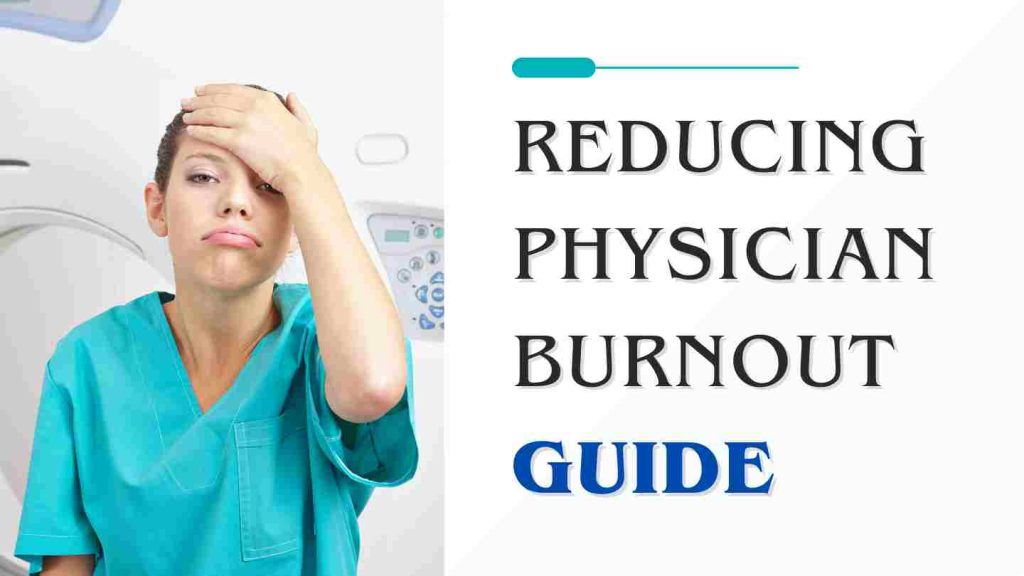- Oak Brook:(630) 705-9999
- Chicago:(312) 920-8822
- Email:inquiry@vervecollege.edu
- Make a Payment
- Home
- Programs
- Admission
- Resources
- ATI Entrance Exam Resources
- New E-Digital Library
- Refer a Friend
- School Newsletter
- Events
- Employers
- Job-Network
- Alpha Beta Kappa Candidates
- Verve College Library
- Graduation and Pinning Ceremony Photo Galleries
- Textbook Information
- Career Services
- Tutoring
- School Catalog
- FAQ
- Constitution Day Program
- Alumni
- Verve College Plans
- Financial Aid
- HEERF Reporting
- Satisfactory Academic Progress
- Apply For Financial Aid
- Net Price Calculator
- Return of Title IV Funds (R2T4)
- Financial Aid Office Code of Conduct
- Contact
- FAQs
- Verification Policy
- Vaccination Policy
- Student Right-to-Know Act
- Misrepresentation
- Information Security Program
- Academic Award Year
- Availability of Employee
- Cost of Attendance
- Health & Safety Exemption Requirement
- Students Rights and Responsibilities
- Leave of Absence
- Pell Formula
- Military Students
- Grants/ Scholarship Policy
- Contact Us
- Testimonials
- Blog
Is a Nursing Career Right For You?
Take The Free Quiz
Reducing Physician Burnout:- A Quick Guide
Reducing Physician Burnout:- A Quick Guide
Burnout is an issue affecting many professions, particularly healthcare. The stress involved with healthcare professions can quickly lead to burnout – particularly for clinical nurses and doctors – with recent years seeing an increasing number of healthcare workers reporting feelings of burnout (according to the 2018 Medscape National Physician Suicide, Burnout & Depression Report, 44 percent of doctors experience feelings of professional burnout due to bureaucratic work practices, long credit hours, lack of respect or bureaucratized healthcare delivery systems being the causes). High-stress levels not only adversely impact doctors individually but have repercussions that ultimately affect patient care – both for doctors and staff in health care settings. (2018 Medscape National Physiciaan Suicide Suicide Burnout & Depression Report 44 percent of physicians reported feeling burned out).
Studies show that physician burnout has serious repercussions. Researchers at JAMA Internal Medicine reported that levels of burnout in physicians was linked to increased patient safety incidents such as diagnostic errors and lower levels of professionalism when communicating with patients, which results in lower patient satisfaction ratings – ultimately impacting both staff and organization negatively – which explains why healthcare facilities take steps to minimize physician burnout.
How to Reduce Physician Burnout?
Physician burnout can be addressed both individually and organizationally. An American Association for Physician Leadership report highlights that effective strategies for decreasing burnout involve individual and organizational initiatives. Nursing assistant programs in illinois (training programs at 2 cities- Chicago & Oak Brook) are also a better option to learn the concepts of preventing physician burnout.
Studies reveal that investing in leadership development pays dividends: even an incremental one-point increase in a individual physician’s immediate supervisor’s leadership score is linked with reduced burnout of 3.3% and an uptick of 9.1% in satisfaction levels. Leaders must know what motivates their teams so they can assign physicians to tasks or patients that offer maximum fulfillment and satisfaction for full team engagement.
Related:- What is Nursing Scope of Practice?
Reducing Physician Burnout By 5 Ways
Flexible Work Arrangements
According to the American Medical Association, physicians working fewer hours may feel pressure to complete their workload more quickly. However, Illinois College of Nursing accreditation for medical students also helps to learn the preventing physician burnout concepts. According to this organization, physicians who work fewer hours tend to feel more stress from this pressure to finish tasks faster.
Reduce Technological Burden
According to the American Association for Physician Leadership, physicians often feel that EMRs require increased documentation that cuts into face time with patients, leading to less personal interaction. Organizations may wish to gather physician feedback regarding electronic medical records (EMRs). As the American Association for Physician Leadership reported, healthcare providers often feel frustrated by having to learn these complex systems.
Implement Tools for Individual Intervention
As well as organizational efforts to reduce physician burnout, individuals need to prioritize their health and find healthy ways of coping with stress – peer support programs from Illinois College of Nursing tuition at community college, self-care hours of training, or team meetings focused on mental health may all play an essential role in clinical settings. But these alone will not combat physician burnout – other strategies must also be employed simultaneously.
Value-based payment models have increased the need for improved care coordination. In contrast, care coordination may burden clinical teams by employing non-clinical staff as care coordinators to connect patients to community resources and fulfill non-clinical requirements of value-based healthcare more easily than before the team can focus on providing clinical care instead.
 Sign up
Sign up Login
Login




